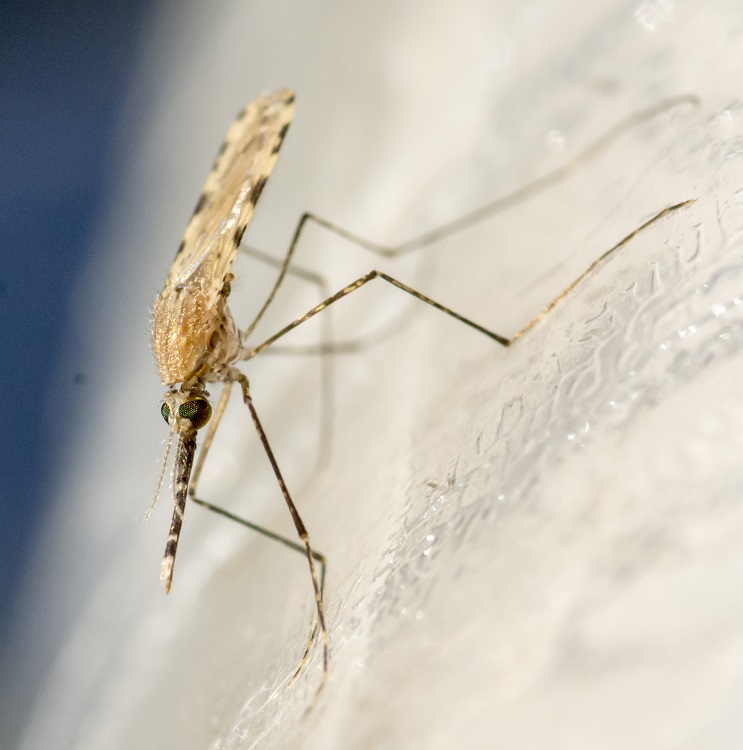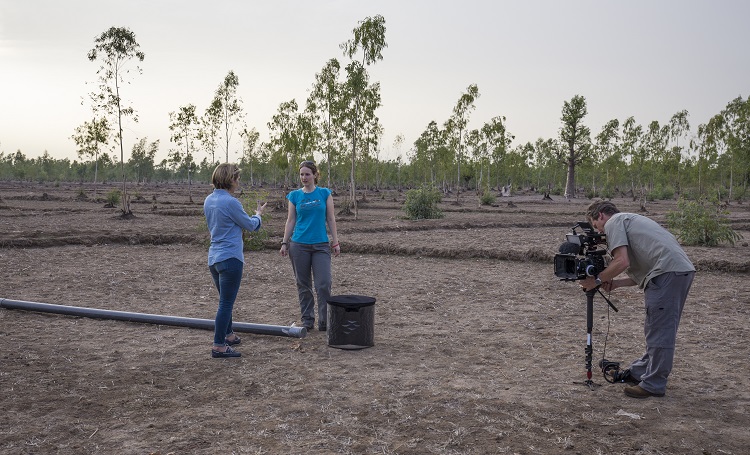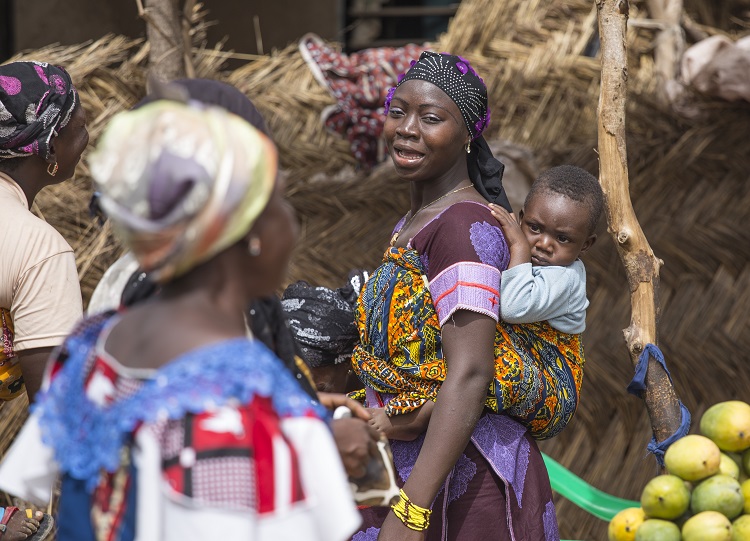
Today, 25th April, is World Malaria Day – an international observance day led by the World Health Organisation to recognise global efforts to control malaria. It is fitting that this year’s theme highlights malaria prevention, as a team of researchers led by NRI begins testing a mosquito trap that exploits the very blood-seeking behaviour of mosquitoes that makes them such good carriers of disease. This pioneering trap is the subject of a new Medical Research Council (MRC) grant, and was showcased in a short film which this afternoon won the video segment of a contest run by the Swiss Malaria Group. Dr Frances Hawkes, Research Fellow at NRI, attended the award ceremony in Geneva, Switzerland. This short film, and a full-length documentary shown on BBC television, were made by Steve Holloway and Judy Aslett of Streamline Productions. “Winning this video competition means that the reality of malaria is shared with a whole new audience,” says Dr Hawkes, “and underlines the importance of international collaboration in research to monitor and control malaria-spreading mosquitoes.”
Malaria affects over 200 million people every year, mostly in sub-Saharan Africa. Nearly half a million people died from the disease in 2015, the majority of deaths being in children under the age of five. The malaria parasite is spread by infected mosquitoes and the most effective way to monitor and respond to the disease is to monitor populations of these mosquitoes. However, current tools for sampling malarial mosquitoes are time-consuming and labour intensive, making them expensive and difficult to standardise across the 91 countries where malaria is endemic. This is where NRI’s mosquito trap comes in. Dr Frances Hawkes, explains, “Mosquitoes are highly attracted to how we look and smell and can also detect our body heat. Our new trap mimics these characteristics and is able to lure malaria mosquitoes towards it and then capture them when they land.”
The project will take place in collaboration with the Health Sciences Research Institute (known by its French initials IRSS) in Burkina Faso and the International Institute of Tropical Agriculture (IITA). Principal Investigator Professor Gabriella Gibson says, “We are working with our collaborators in Burkina Faso, Benin and Cameroon, where malaria causes thousands of deaths every year, to test our ‘Human Decoy’ Trap against current methods used in mosquito monitoring.” The team hope to be able to show that the Human Decoy Trap can provide more and better standardised data necessary for efficient disease surveillance and evaluation of malaria control interventions.
With over 3.2 billion people at risk of malaria, involving affected communities is also an important aspect of the project: “In addition to testing the performance of the trap, we will be working closely with members of local communities and public health technicians to understand their needs and perspectives,” adds Lora Forsythe, Senior Research Fellow at NRI. “This will help us to ensure the Human Decoy Trap is acceptable to end-users and the communities where research takes place.”
Watch the full BBC documentary here
Links: NRI’s Pest Behaviour Research Group | MRC | IRSS | IITA | Swiss Malaria Group

